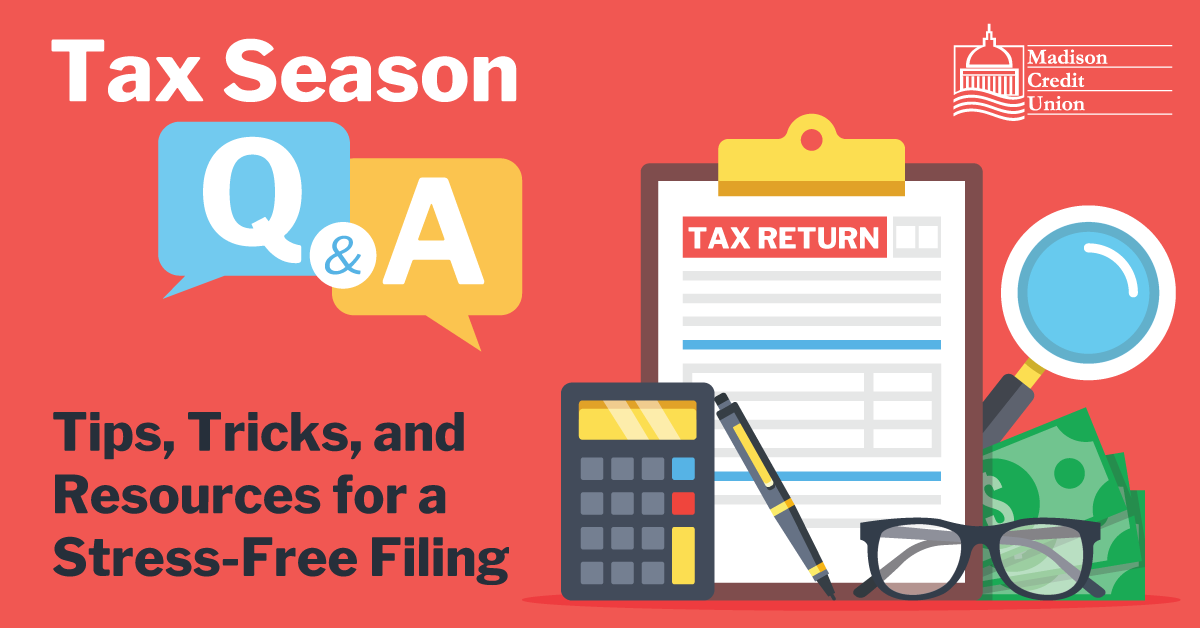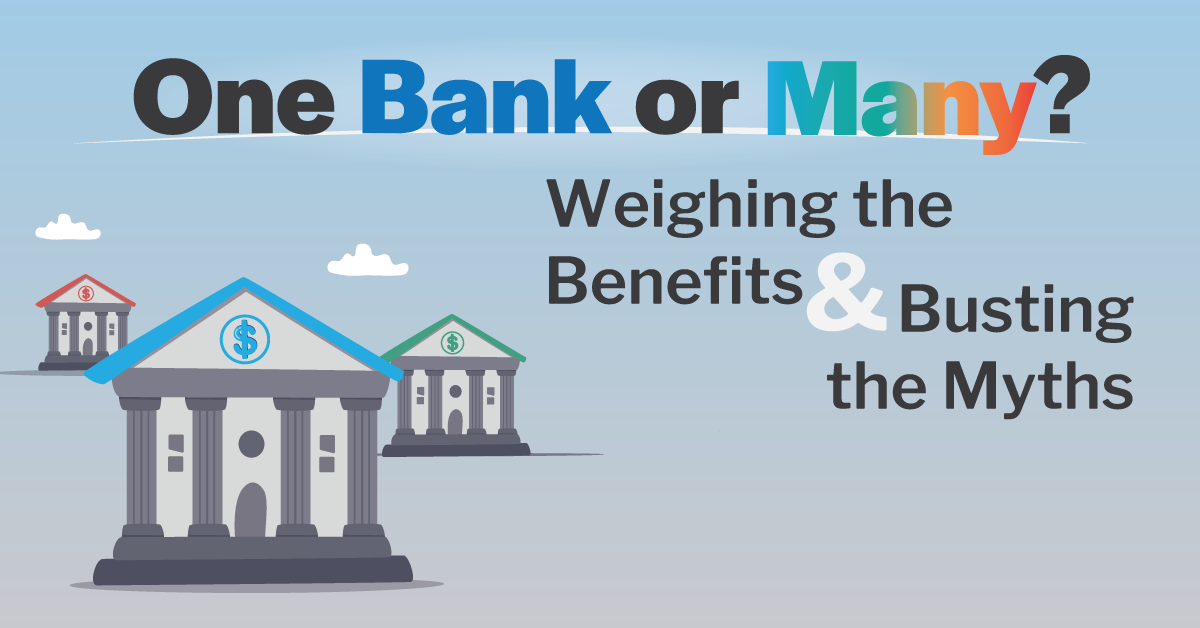Tax season can be overwhelming, but with the right information and preparation, it doesn’t have…
FRAUD SCAM ALERT : Scam Text Messages
We have received calls, members and non-members about a text message from “Madison Credit Union” that says:
“A transaction occurred on a card ending in XXXX. Please click to verify charge.”
The text message is NOT from Madison Credit Union. DO NOT click on the link. Delete the message. If you have already received the message, clicked on the link, and given out personal information, please contact the credit union immediately (608-266-4750) and we can help you safeguard your accounts.
Madison Credit Union will not text you to ask you to verify a charge. If you are set up for text alerts on your account, you will get messages when your card has been used and for what amount, but there will be no links in the message. If we believe there has been fraudulent activity on your account our fraud department will reach out to you to confirm your purchase. They will NEVER ask you for your username or password, any verification codes, nor sensitive account information.
Important: There has been no data breach of our member’s data. Receiving this text message does not mean that your Madison Credit Union account has been compromised. It is a phishing scam done to gather more information in order to try to access your accounts. Unfortunately now it is all too easy for scammers to get information about us, evening including where we bank. With AI and technology advances, scammers are getting even more crafty with their phishing methods (baiting people into exposing their sensitive information).
Here are some recommendations to keep your accounts safe:
- Check your accounts frequently. Watch for and question unfamiliar charges. If you discover a fraudulent charge, call the credit union immediately.
- Set up account alerts. There are account alerts and debit card alerts that notify you of transactions completed on your account or with your debit card. Learn how to set them up here.
- Use your credit for online purchases. Credit cards offer more recourses in refuting fraudulent charges than a debit, plus they also have the added benefit of not being directly connected to your checking account.
- Keep your account passwords strong and private. Never share your username or password with anyone you don’t trust fully. And don’t make it easy for scammers to guess your password either. For example, your pet that you post about on social media often is not the safest choice, (Daisy1!). If you do insist on using your pet’s name, don’t just use that by itself, or try to write it backwards or with strange, unexpected capital letters and punctuation, (*YS!@d302).
Here are some of our previous articles about staying cyber safe:





